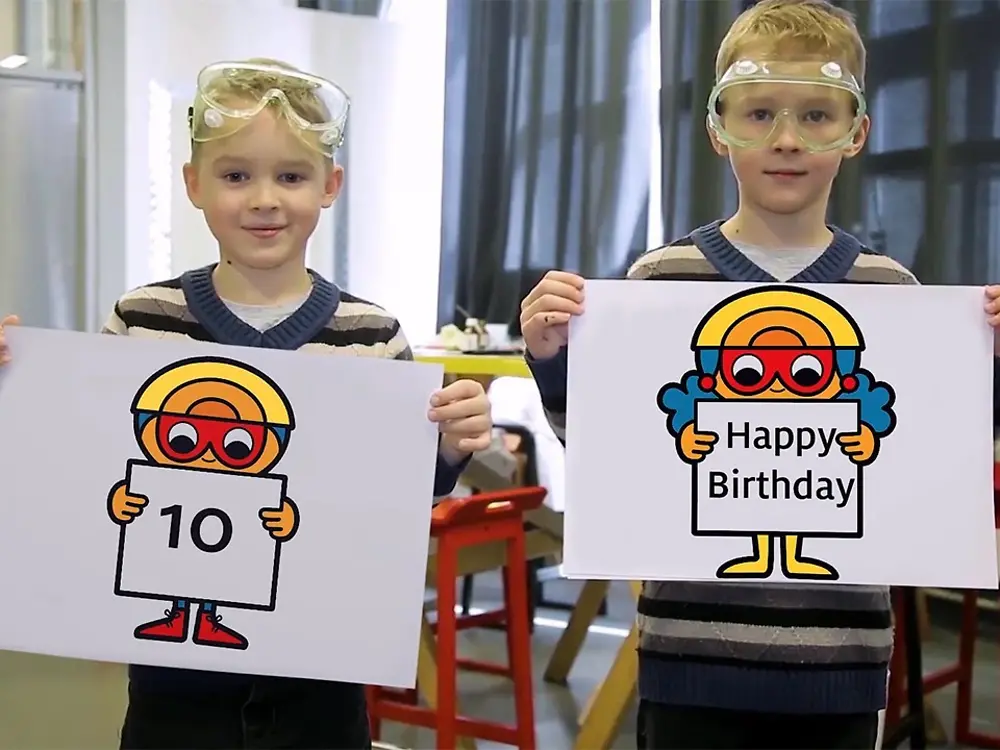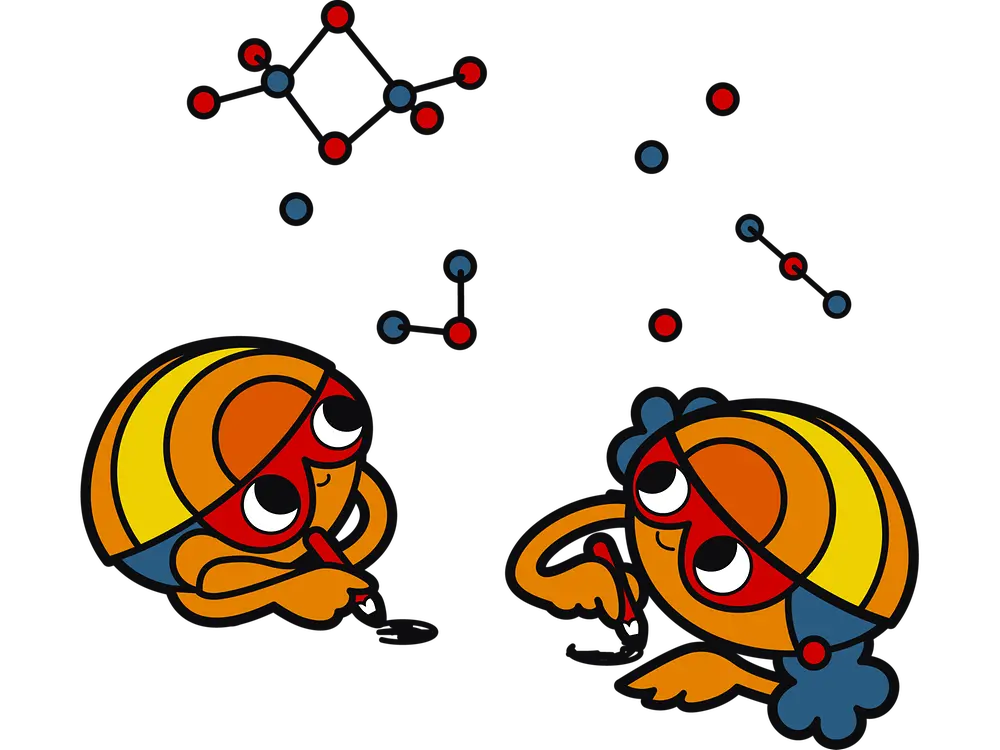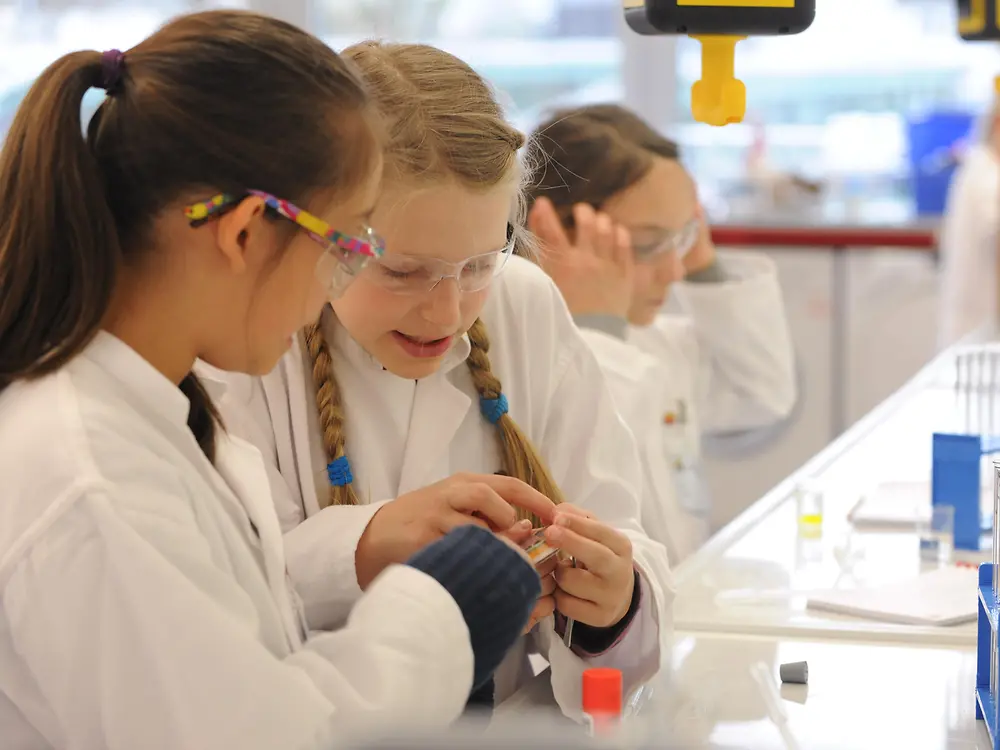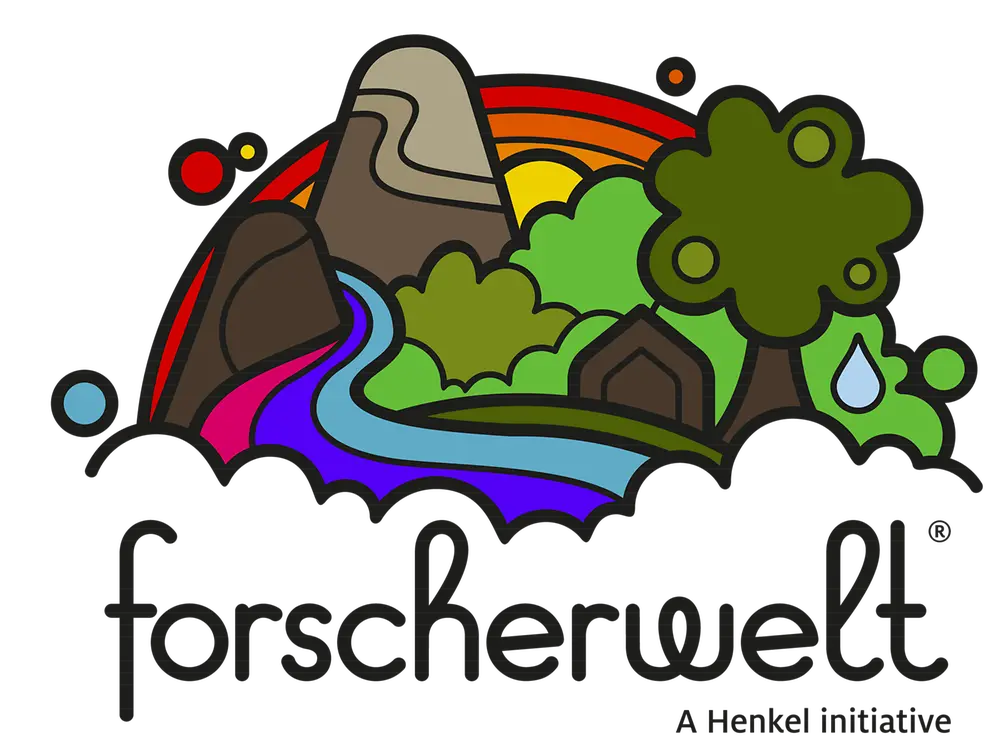The teaching concept and practical implementation of the one-week vacation courses for elementary school children are headed up by Dr. Katrin Sommer, Chair of “Didactics of Chemistry” at the Ruhr University Bochum.
Being like a Researcher – the teaching concept behind Forscherwelt
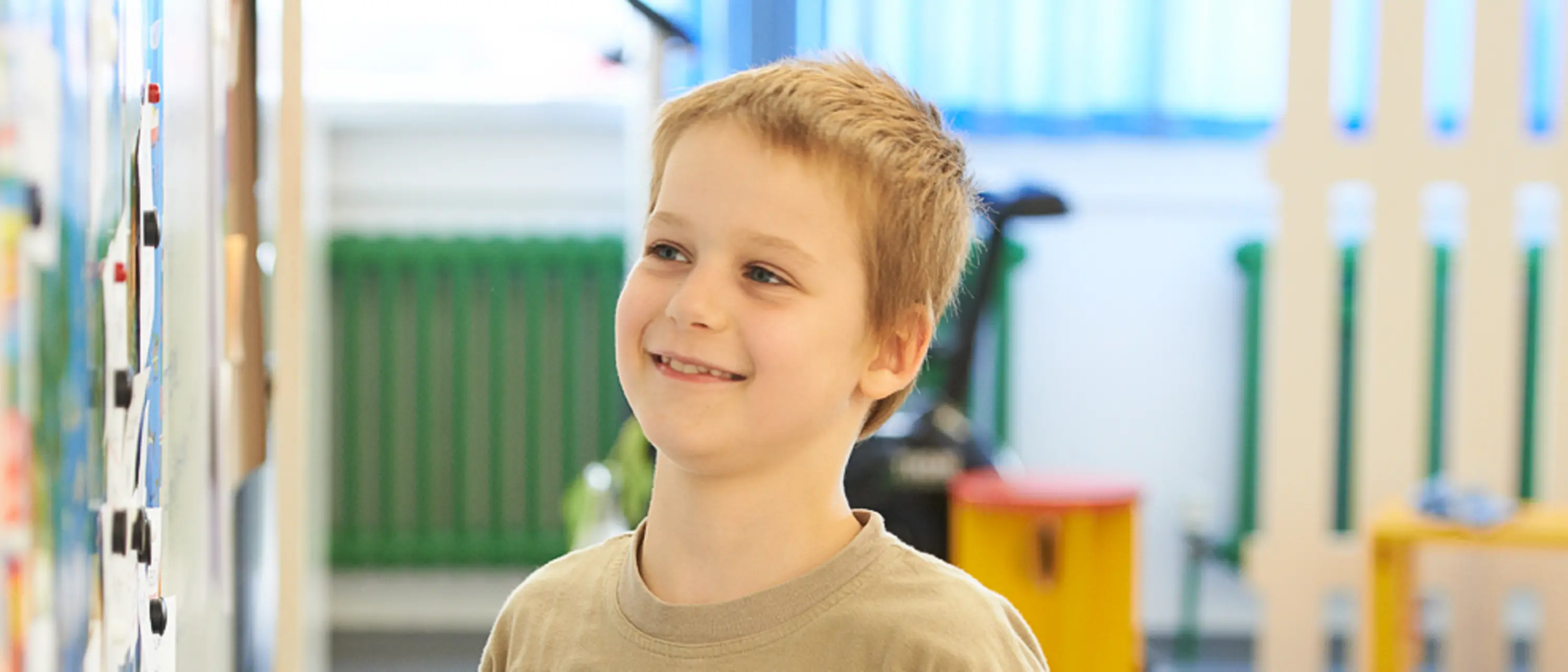
The teaching concept is aimed at getting the children to take on the role of researchers, with the motto of: Being like a researcher.
The theoretical basis is provided by the construct of scientific literacy. It comprises conceptual scientific knowledge and knowledge about the methods and goals of science (knowledge about science).
The concept is implemented through elementary activities that are very closely connected to the research process. Children have their own ideas about this:
Children consider people who are dedicated to research to be not only intelligent, but also creative – fundamental characteristics that are confirmed by the concept of Forscherwelt.
However, a creative idea alone is not enough. To make the idea a success, children need experimental skills, patience, perseverance and a planned, systematic approach.
Children often think of researchers as lone wolves. But this is usually not true. Scientists are in constant exchange with others, report on their findings in scientific journals or present them in lectures. Their workplace is therefore not limited to the laboratory. That is why exchanges between experts and among the children themselves plays a major role during the research week.
The children can implicitly incorporate these elementary activities into their understanding of “knowledge about science” through their own experiences in Forscherwelt. The content is based on research areas at Henkel.
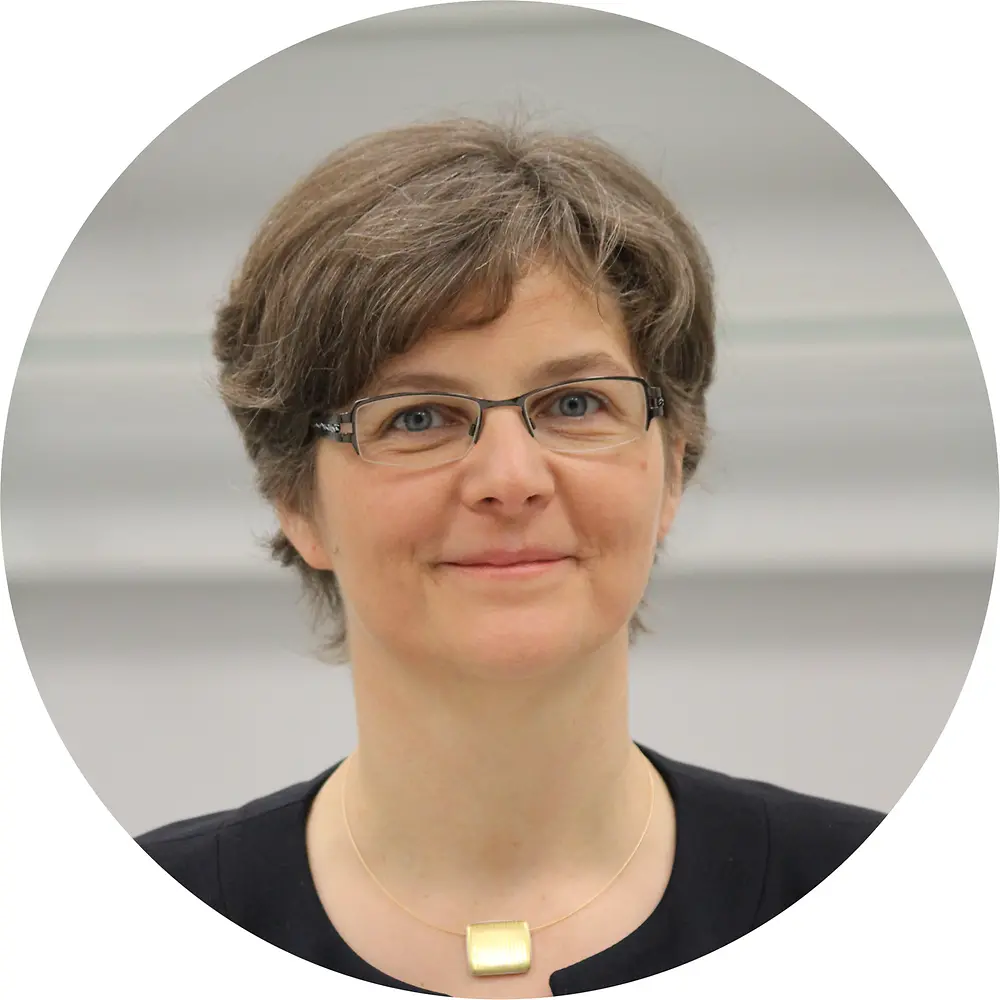
"In the Forscherwelt lab, children are often allowed to develop and carry out scientific experiments themselves for the first time in their lives. They get to know the research process through their own experience and learn what is involved: for example, being creative, reporting their own results to others and exchanging ideas with experts. They learn that research is more than just working in a lab."
Prof. Dr. Katrin Sommer, Chair of Chemistry Didactics, Ruhr-University Bochum
